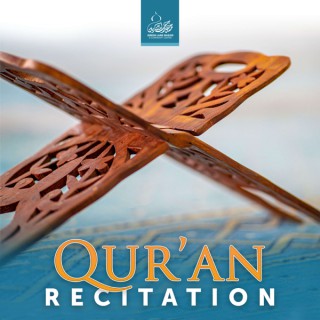Podcasts about koran
The central religious text of Islam
- 1,136PODCASTS
- 4,147EPISODES
- 42mAVG DURATION
- 5WEEKLY NEW EPISODES
- Jan 26, 2026LATEST

POPULARITY
20192020202120222023202420252026
Categories
Best podcasts about koran
Latest news about koran
- Kazakhstan: Wife To Be Jailed For Advocating For Husband Jailed In Xinjiang? – Analysis Eurasia Review - Jan 24, 2026
- Jewish group’s big call on Bondi reforms Terrorism Watch - Jan 13, 2026
- Pictures Of The "Democratic" Socialist Future ZeroHedge News - Jan 6, 2026
- Pictures Of The "Democratic" Socialist Future BizToc - Jan 6, 2026
- Mamdani Will Be First N.Y.C. Mayor to Use the Quran at His Swearing-In New York Times - Dec 31, 2025
- Israeli settlers torch West Bank mosque sparking US concern News - South China Morning Post - Nov 13, 2025
- Koran burning conviction overturned: blasphemy law cannot be introduced via the back door UK Human Rights Blog - Oct 17, 2025
- Sweden seeks arrest of Koran burner's suspected murderer

















































































